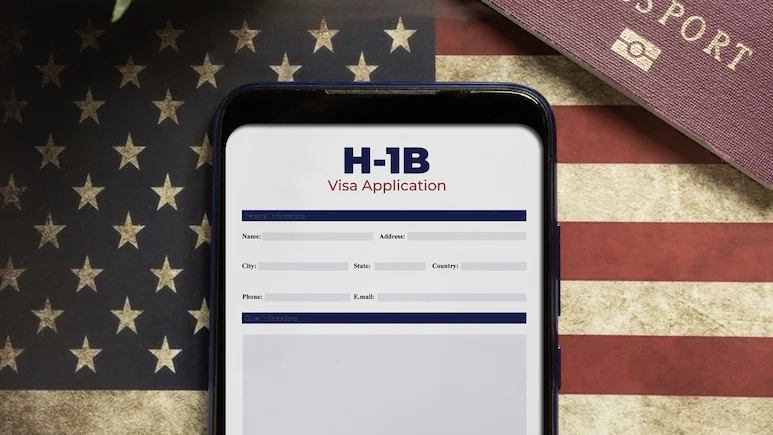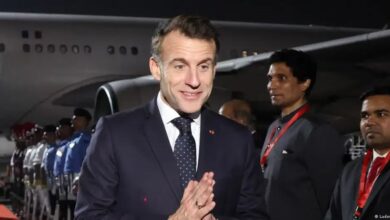
Donald Trump’s H-1B visa crackdown will hasten US firms’ shift of critical work to India, turbocharging the growth of global capability centers (GCCs) that handle operations from finance to research and development, economists and industry insiders say.
The world’s fifth-largest economy is home to 1,700 GCCs, or more than half the global tally, having outgrown its tech support origins to become a hub of high-value innovation in areas from design of luxury car dashboards to drug discovery.
Trends such as growing adoption of artificial intelligence and increasing curbs on visas are pushing US firms to redraw labor strategies, with GCCs in India emerging as resilient hubs blending global skills with strong domestic leadership, according to NDTV.
“GCCs are uniquely positioned for this moment. They serve as a ready in-house engine,” said Rohan Lobo, partner and GCC industry leader at Deloitte India, who said he knew of several US firms reassessing their workforce needs.
“Plans are already underway” for such a shift, he added, pointing to greater activity in areas such as financial services and tech, and particularly among firms with exposure to US federal contracts.
Lobo said he expected GCCs to “take on more strategic, innovation-led mandates” in time.
Trump recently raised the cost of new H-1B visa applications to $100,000, up from the previous range of $2,000 to $5,000, intensifying pressure on American companies that rely on skilled foreign workers.
Meanwhile, US senators reintroduced legislation aimed at tightening rules on the H-1B and L-1 visa programs, citing loopholes and potential abuse by large employers.
Experts warn that if these visa restrictions remain, US firms may increasingly relocate high-end work—spanning AI, cybersecurity, product development, and analytics—to their global capability centers (GCCs) in India or other regions, keeping strategic functions in-house rather than outsourcing.
Industry leaders see a growing sense of urgency. Lalit Ahuja, CEO of ANSR, noted the “gold rush” to establish GCCs will accelerate, while Ramkumar Ramamoorthy, former Cognizant India managing director, suggested the shift could result in “extreme offshoring,” as the COVID-19 pandemic demonstrated that key tech tasks can be performed from anywhere.
Big Tech firms such as Amazon, Microsoft, Apple, Alphabet, and Wall Street giants like JPMorgan Chase, as well as retailers like Walmart, remain top H-1B sponsors but are evaluating alternatives in light of political sensitivities.
Analysts indicate that India’s IT and GCC sectors could absorb some of the disruption, offsetting revenue losses from restricted H-1B access while positioning India as a hub for high-value outsourced services.
Follow The Times Kuwait on
X, Instagram and Facebook for the latest news updates












